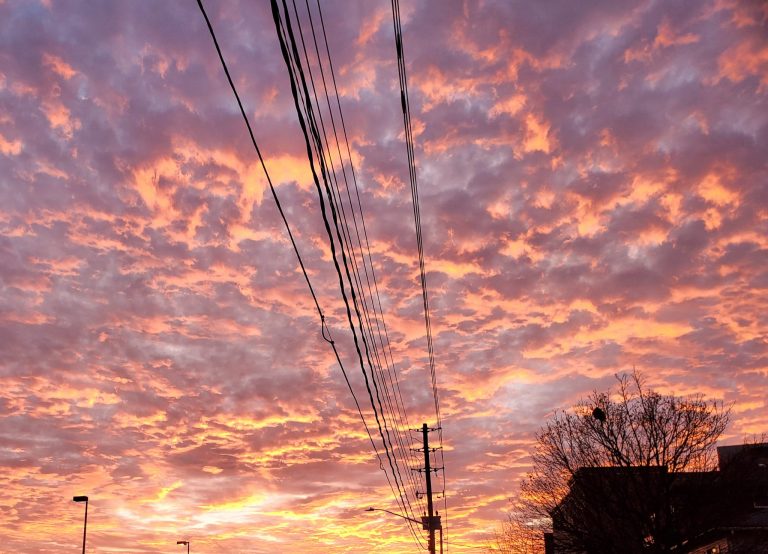Content warning: the following editor’s note contains mentions of suicide and self-harm, chronic illness and disability, and lack of affordable housing; please practice self-care. Reader discretion is advised.
It’s not her disability or her debilitating allergies. It’s not her age, she’s 31.
It’s not that life is not worth living, but how can one live in such indignity? It’s just that she cannot find affordable, adequate housing.
Why is it easier to die than to live a safe, dignified life? How dare this country call itself developed, first world?
When she heard her request for medical assistance in dying (MaiD) was approved, she was “relieved and elated”—the meaningless bureaucratic labyrinth that she strove to navigate was at an end. Why do people have to beg and plead with governments whose employees have little choice but to follow the convoluted laws and regulations that limit the people they purport to help?
We are so prosperous as a country, but we are morally immature, if not completely corrupt. It’s like giving a child a thousand dollars and asking him to create a budget. His priorities are not what’s best for the country, or even his family. If he learns that he can make more money, even at the cost of others, he will do it.
Children are self-centered but whereas it is acceptable for a child to not look beyond himself, an ambitious, stubborn, strong-headed adult with no empathy or concern for others is a menace to society.
A government and a society filled with adult children whose primary, and often only, concern is themselves and their immediate surroundings is a society that will cannibalize itself. I am not against MaiD. In fact, I am an advocate, However, we cannot allow it to become out way of avoiding societal responsibilities. Logical, socially acceptable, medically assisted suicide is not a replacement for social security measures.
Even if every person who needs disability benefits or affordable housing chooses MAiD, it will be on our collective and some people’s individual conscience.
Death is terrifying and inevitable, but life is also worth living. We don’t murder newborns because life is difficult, we don’t turn to suicide immediately when faced with a hardship. People are generally resilient. But when we lose hope, when we see no chance of life’s hardships alleviating despite begging for help, when death is no longer as terrifying as it is a promise of rest and relief from pain—then suicide is reasonable.
But we don’t want to get to that point.
Denise tried, she asked for help, she accessed the programs, she tried her best. I cannot condemn Denise for her decision or even rightfully say that she has other options. She doesn’t. Our society and our government haven’t created any that haven’t already failed her multiple times. I do not know if she will go through with her decision. I cannot say that she shouldn’t.
Why should I care? Why should I help people get free stuff? Why should I pay more for something and other people pay less? Why should I have to worry about others when I’m working hard and living honourably?
As long as we think like this, we cannot progress. Whose fault is this? Who can we blame?
It’s not the fault of people with disabilities or the average worker. It’s the fault of people who have power to do things but refuse to help others. It’s the fault of those who take and take—your work, your money, all the houses on the market—and refuse to give it back, who make basic necessities into “smart investments”.
Denise is dying and I’m not sure this world is worth living for.
Denise is dying and I don’t think she’s wrong.
Denise is dying and I can’t do anything to help.
I’m not sure I should.

